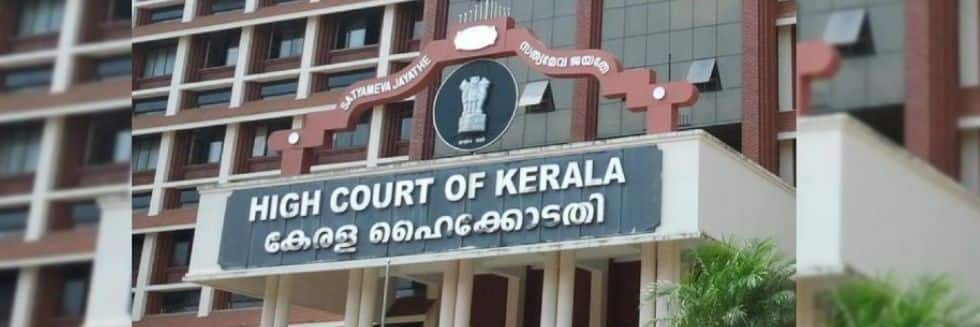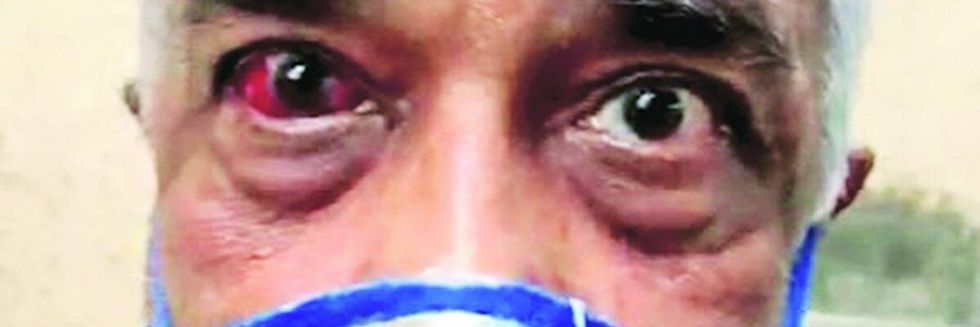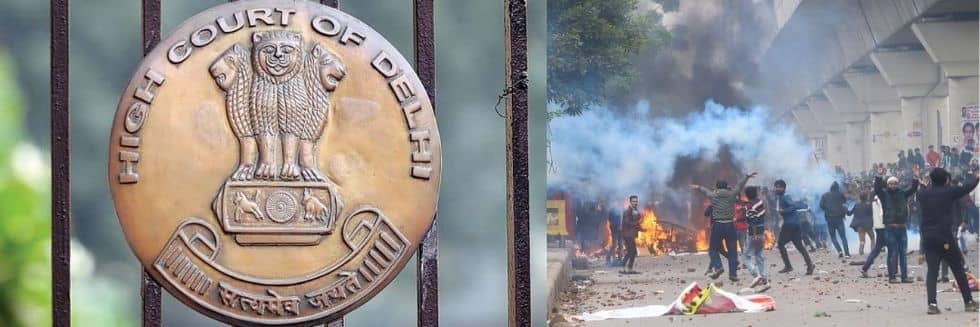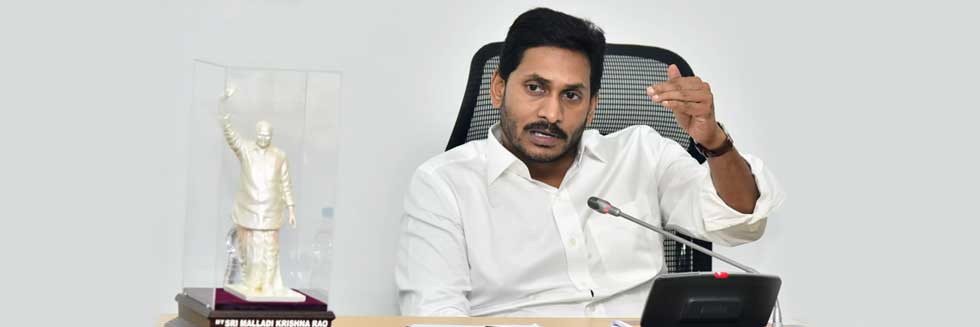Delhi police has moved Supreme Court challenging Delhi High Court order dated June 15 where the court has granted bail to the three UAPA accused – Asif Iqbal Tanha, Natasha Narwal and Devangana Kalita.
“We are not satisfied with the interpretation of the provisions of Unlawful Activities Prevention Act by the Hon’ble High Court in a matter concerned with grant of bail. We are proceeding with the filing of a Special Leave Petition before the Hon’ble Supreme Court of India,” stated Delhi police.
Delhi High Court on Tuesday granted bail to the three student activists who were detained under Unlawful Activities (Prevention) Act (UAPA) in connection to the Northeast Delhi Riots of February 2020. They have been in custody since May 2020.
“It seems, that in its anxiety to suppress dissent, in the mind of the state, the line between the constitutionally guaranteed right to protest and terrorist activity seems to be getting somewhat blurred,” noted the division bench of Justice Siddharth Mridul and Justice Anup J Bhambhani.Conditions for Bail
Delhi HC has directed Kalita, Narwal, and Tanha to furnish a personal bond of Rs 50,000 along with 2 local sureties. They have also been directed to surrender their passport and not to indulge in activities that would hamper the case.
Delhi police had filed a chargesheet alleging that protestors involved in the NE Delhi riots were part of a larger conspiracy. A 10000-page chargesheet naming 15 accused including Narwal, Tanha, and Kalita was filed in September 2020 and a supplementary charge sheet was filed later in November 2020 against activists Umar Khalid and Sharjeel Imam.
Scrutinizing the charge sheet thoroughly, the HC bench noted, “Since we are of the view that no offence under sections 15, 17 or 18 UAPA is made-out against the appellant on a prima facie appreciation of the subject charge-sheet and the material collected and cited by the prosecution, the additional limitations and restrictions for grant of bail under section 43D(5) UAPA do not apply; and the court may therefore fall back upon the usual and ordinary considerations for bail under the Cr.P.C.”
NorthEast Delhi Riots (February 2020)
Between February 23 and 26, clashes broke out between people who support and oppose the Citizenship Amendment Act. 53 people were killed and over hundreds were injured. 755 FIRs were filed and 1,829 people were detained.
Delhi police claimed that protestors had secessionist motives and were using the facade of civil disobedience to destabilise the government.
Who is Natasha Narwal?
32-year-old Pinjra Tod co-founder and JNU research scholar Natasha Narwal is a gender activist. She grew up in Hisar, Haryana. She completed her Bachelor degree in Modern History from Hindu College, Masters from DU, and M.Phil from Dr Ambedkar University. She was arrested on May 23, 2021, and was released the next day. Narwal was arrested again on May 30 and was alleged to be one of the “masterminds of Delhi riots”. She was granted three weeks interim bail to perform the last rites of her father on May 10 last month. She is facing trial in three cases.
Who is Devangana Kalita?
31-year-old Pinjra Tod co-founder and JNU student, Devangana Kalita is an M.Phil student of Centre for Women’s Studies. Kalita grew up in Dibrugarh, Assam. She studied English Literature at DU, completed a Masters in Women and Development at the IDS, University of Sussex, UK and Masters JNU. She was also arrested on May 23, later released, and then re-arrested on May 30, 2020. She is facing trial in 4 cases. Earlier, Kalita had obtained bail in three cases while bail was rejected in one case.
Who is Asif Iqbal Tanha?
25-year-old Asif Iqbal Tanha and Jamia Millia Islamia student. He is pursuing his BA in Persian Studies at JMI. He was also arrested for allegedly being the main conspirator in anti-CAA protests on May 19, 2020. Delhi HC had granted bail to Tanha for December 4, 5 and 7 to appear in compartment/ supplementary exams.
Unlawful Assembly (Prevention) Act
UAPA is enacted to counter terrorist activities, in line with India’s obligations at the UN. It had existed since 1967 which only banned specific organizations that spoke against the unity and integrity of India. Subsequently, UAPA was amended in 2008, 2013, and 2019 which incorporated provisions concerning terrorism from Prevention of Terrorism Act 2002 (POTA) into UAPA.
Before 1985, there were no anti-terror laws in India. After the 1984 riots in India, Terrorist and Disruptive Activities (Prevention) Act was introduced that was lapsed by the Central government in 1995.
Statistics About UAPA Covictions
As per Centre, 5,922 people were arrested under the UAPA between 2016 and 2019. Among which merely 132 were convicted making the conviction rate 2%.
In 2019 alone, 1,948 were arrested under UAPA.
Several activists including Marxist poet Varavara Rao (80), Civil Rights Activists (60), Hany Babu, Arun Ferreira, Safoora Zargar, Sharjeel Imam, Umar Khalid are some of the many people who have been facing charges under UAPA and are in prison for months.






